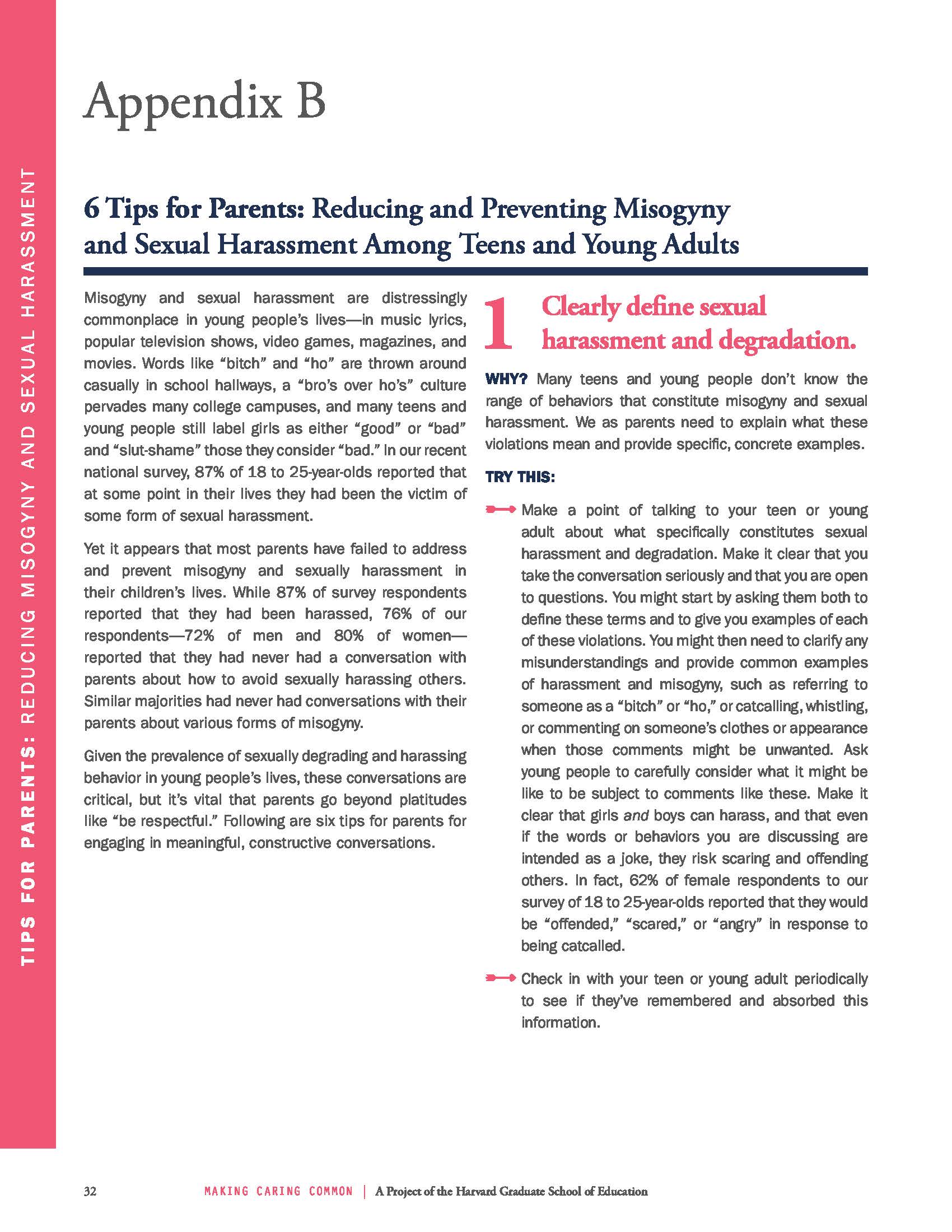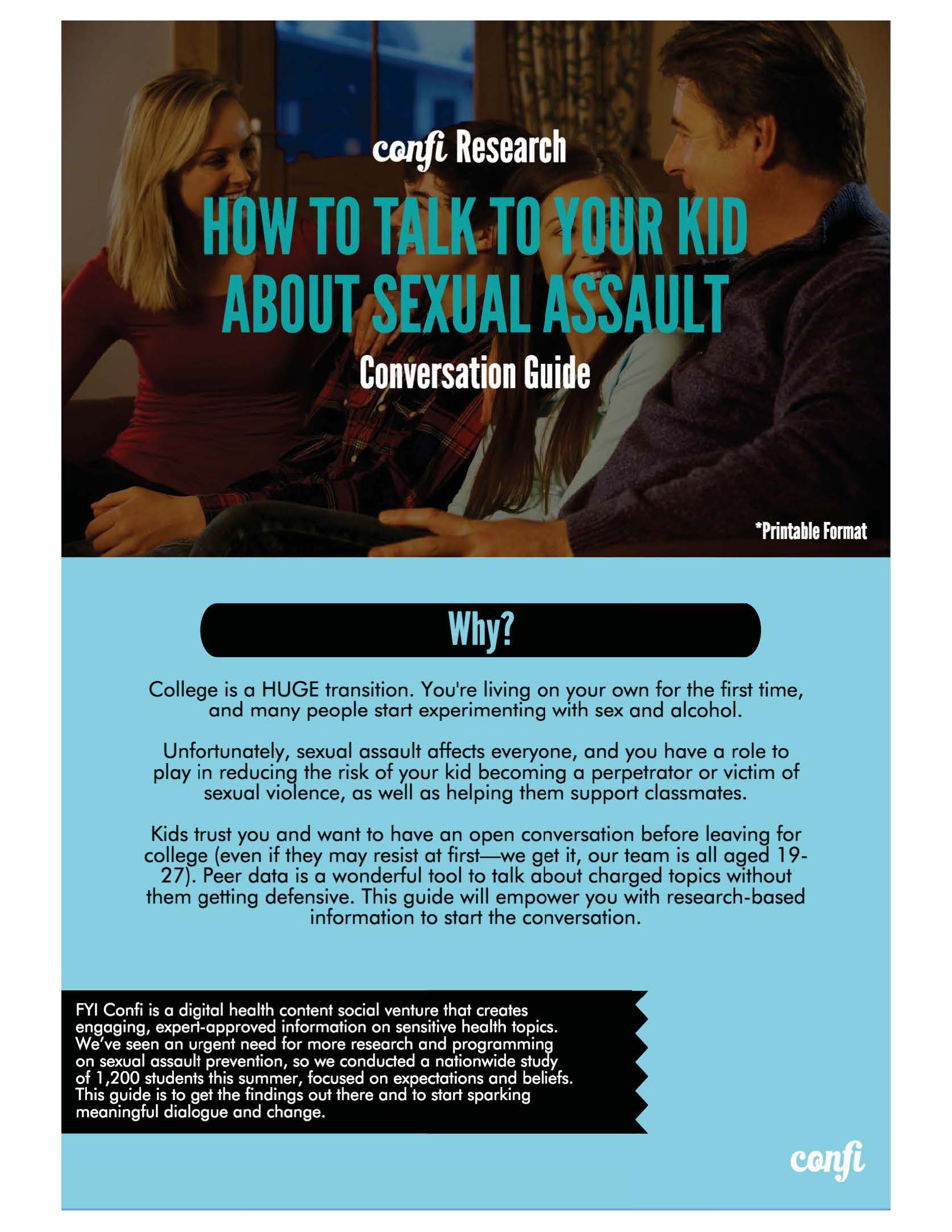
Consent and Communication
Here are a couple of ideas about starting these conversations:
Educate yourself on how Northeastern talks about consent. In preparation for a conversation about consent, it may be helpful for you to know more about how Northeastern defines consent and how we message to students about it. Check out our Learn:Consent page that covers a number of the frequently asked questions we get from students. Some of these include, “What is consent? How do I ask for consent? Will it be weird or ruin the moment to ask? How do I say no if I don’t want to be with the other person(s)? How alcohol can impact a person’s ability to give consent?”
Use the media as a starting point. The media often gives mixed messages about sex and consent. It’s rare to see characters on a TV show discussing barrier methods or birth control, negotiating sexual boundaries, or asking for consent and as a result, students often aren’t sure how to have these conversations or even whether they need to have these conversations with their partner(s). As you see or hear things come up about sex, consent, or dating in movies or on TV, ask for your student’s thoughts and/or share your own.

